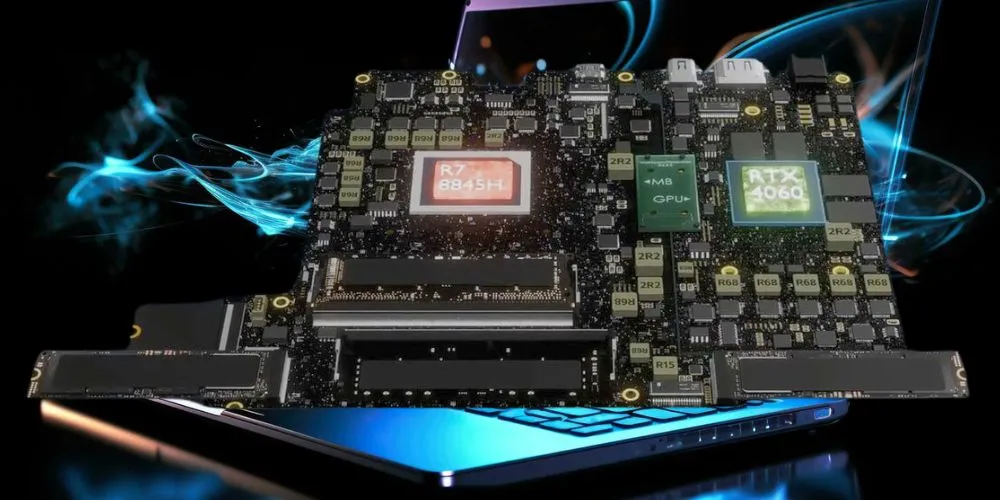Laptops have become essential tools for work, gaming, and content creation, but manufacturers are making them less upgradeable than ever. With soldered RAM, proprietary SSDs, and glued-in batteries, users are finding it harder to extend the lifespan of their devices. In an era where technology evolves rapidly, laptop upgradability is more crucial than ever for performance, sustainability, and cost efficiency.
Extending the Lifespan of Devices
One of the most significant advantages of upgradable laptops is extending their useful life. A computer that allows users to upgrade RAM, storage, and batteries can stay relevant for years, preventing the need for an entirely new purchase. With software and applications demanding more resources over time, being able to increase RAM or swap out an SSD ensures that a laptop remains fast and functional rather than becoming obsolete.
Cost Savings for Consumers
When a laptop starts slowing down, many users assume they need a brand-new device, leading to unnecessary expenses. However, simple upgrades like adding more RAM or replacing an aging battery can significantly boost performance at a fraction of the cost. This is especially important for students and professionals who rely on their laptops daily but may not have the budget to replace them frequently.
Sustainability and E-Waste Reduction
The growing problem of electronic waste (e-waste) makes laptop upgradability necessary. When laptops are sealed shut with non-replaceable components, users are forced to dispose of them sooner, contributing to environmental waste. Allowing users to upgrade or repair their devices promotes sustainability by reducing the number of discarded electronics. Manufacturers should focus on making laptops modular and repair-friendly instead of prioritizing thinness over longevity.
Customization and Performance Boosts
For power users, gamers, and creative professionals, customizing a laptop’s performance is essential. Upgradable laptops allow users to add high-speed SSDs, expand memory, and even replace Wi-Fi cards to meet their needs. As software becomes more demanding, having the ability to upgrade ensures smooth performance without the need for a new laptop every few years.
Conclusion
Laptop upgradability is more important than ever in a world where technology evolves quickly, costs rise, and sustainability is a priority. Manufacturers should embrace repairable, upgradeable designs to give users more control over their devices. For consumers, choosing a laptop with modular components can lead to better performance, a longer lifespan, and significant cost savings, making it the smartest investment in the long run.










